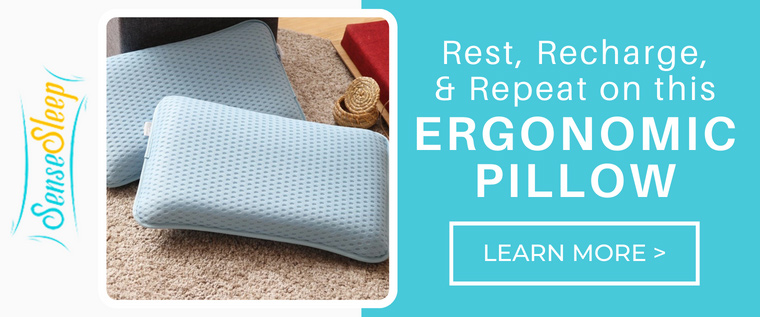About a third of US adults don’t get enough sleep.
And sleep deprivation has serious consequences for your brain and body.
Many people think they can get by on less than seven to nine hours a night — the amount of sleep doctors recommend for most adults — or say they need to sleep less because of work or family obligations.
The Tesla and SpaceX CEO Elon Musk recently acknowledged in an interview with The New York Times that his long work hours were taking a toll on his well-being and raising concerns among his friends.
That prompted Arianna Huffington to post an open letter to Musk about his sleep schedule, telling him that he was “demonstrating a wildly outdated, anti-scientific and horribly inefficient way of using human energy.”
Musk posted his response on Twitter at 2:30 a.m. ET. “I just got home from the factory,” he said. “You think this is an option. It is not.”
Musk seems to understand that working 120-hour weeks is harmful. As Matthew Walker, a neuroscientist who’s an expert on sleep,previously told Business Insider, “The shorter your sleep, the shorter your life.”
Most adults need seven to nine hours of sleep, and kids have to get even more, though needs do vary from person to person. Some incredibly rare people can actually get by on a few hours of sleep per night, while others on the opposite end of the spectrum are sometimes called “long sleepers” because they need 11 hours nightly.
But regardless of your body’s clock, a lack of sleep will cause your physical and mental health to suffer.
Here are 30 health consequences of sleep deprivation.
Sleep deprivation is linked to a higher risk for certain cancers
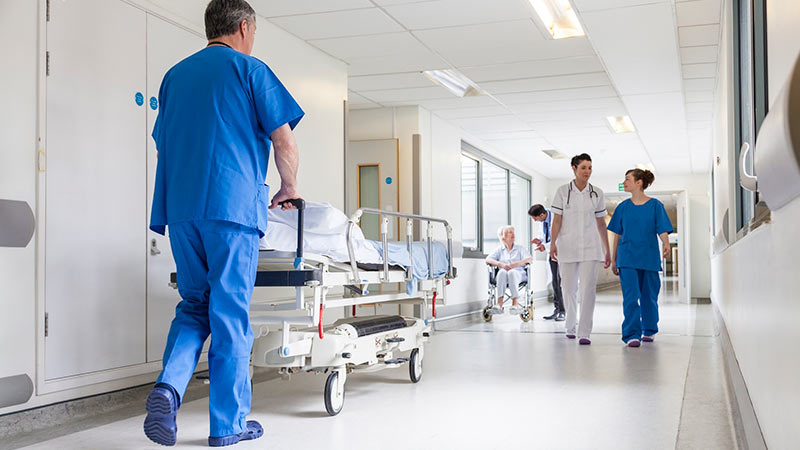
Skin doesn’t heal as well from damage when you are tired, leading to skin aging
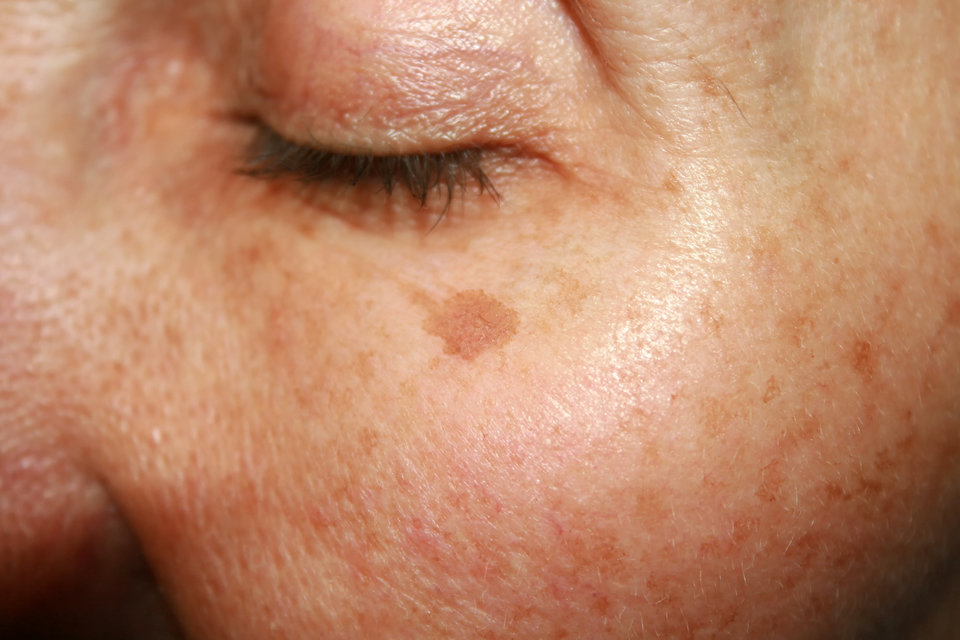
Poor sleep quality is strongly correlated with chronic skin problems, according to research from the University of Wisconsin. Studies have also found that when skin is damaged by the sun or other factors, it doesn’t heal as well in poor sleepers, so those people wind up showing more signs of skin aging.
Tired people have a harder time controlling their impulses, potentially leading to unhealthy behavior and weight gain

People feel lonelier after sleepless nights — and being lonely makes it harder to sleep well
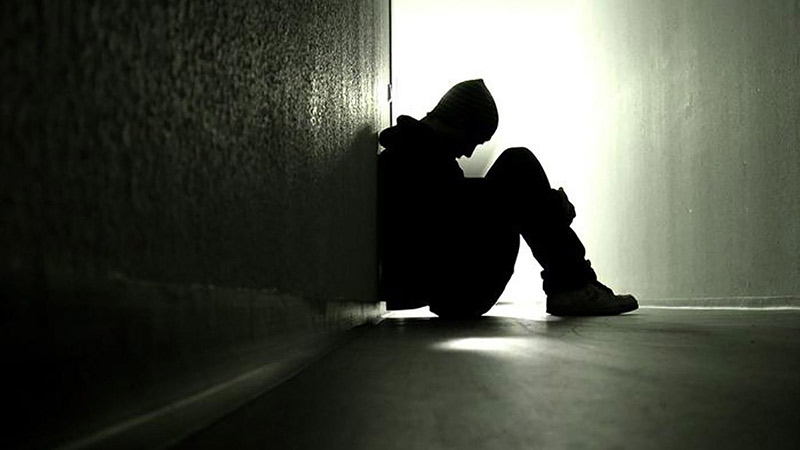
Being sleepy makes it harder to learn and disrupts short-term memory
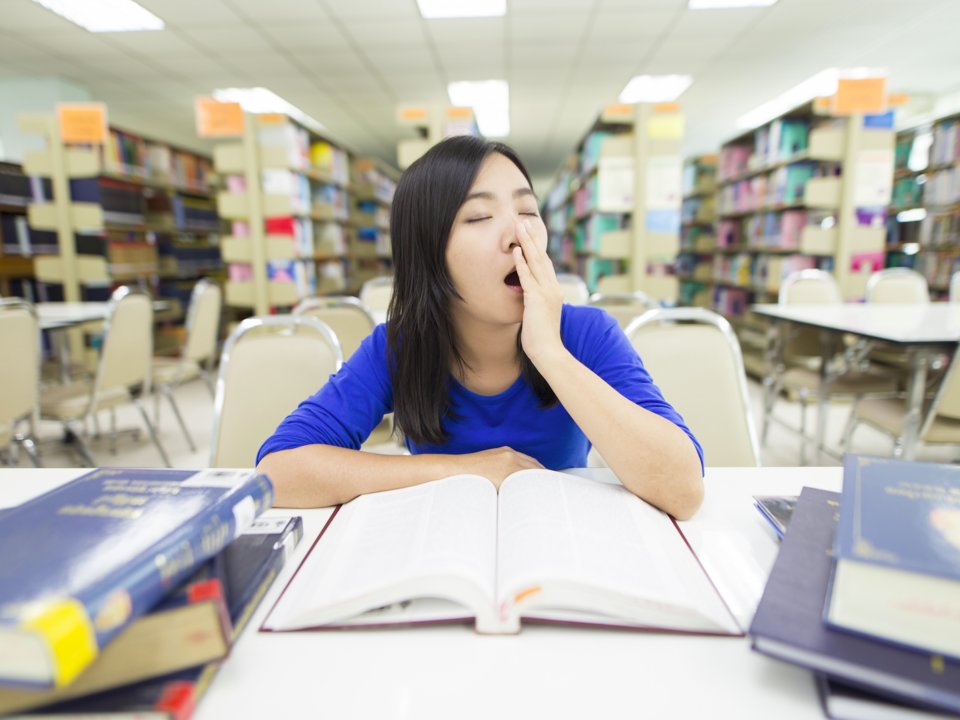
Sleepiness has long been a problem for students. Delaying school start times an hour for middle-school kids has been found to significantly increase standardized test scores, and it may have an even bigger effect on teens, who naturally tend to be night owls.
But it’s not just kids — sleep deprivation also wrecks adults’ short-term memory. Several studies have found that sleep-deprived adults have more difficulty remembering words they’ve learned and have a harder time improving newly learned skills.
Long-term sleep deprivation also seems to damage long-term memory

Sleep disruptions for elderly people can lead to structural changes in the brain associated with impaired long-term memory. Sleep-related memory deficits have been observed in the general adult population as well — as early as 1924, researchers noticed that people who slept more forgot less.
A growing body of evidence links bad sleep with signs of Alzheimer’s in the brain
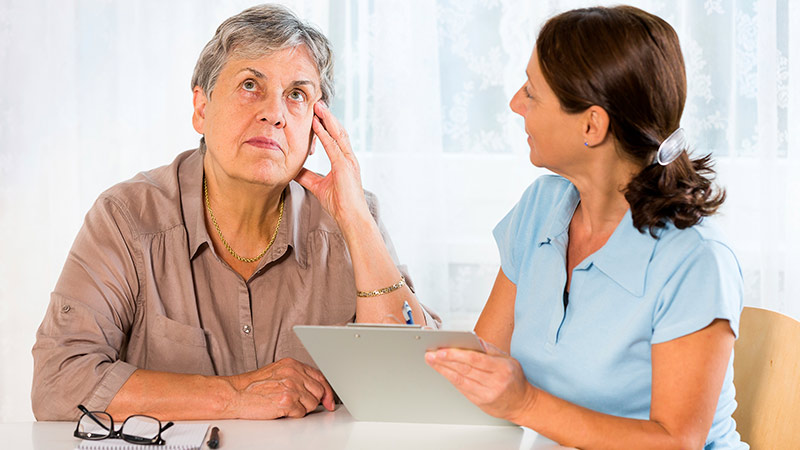
Heart disease risk rises with sleep deprivation
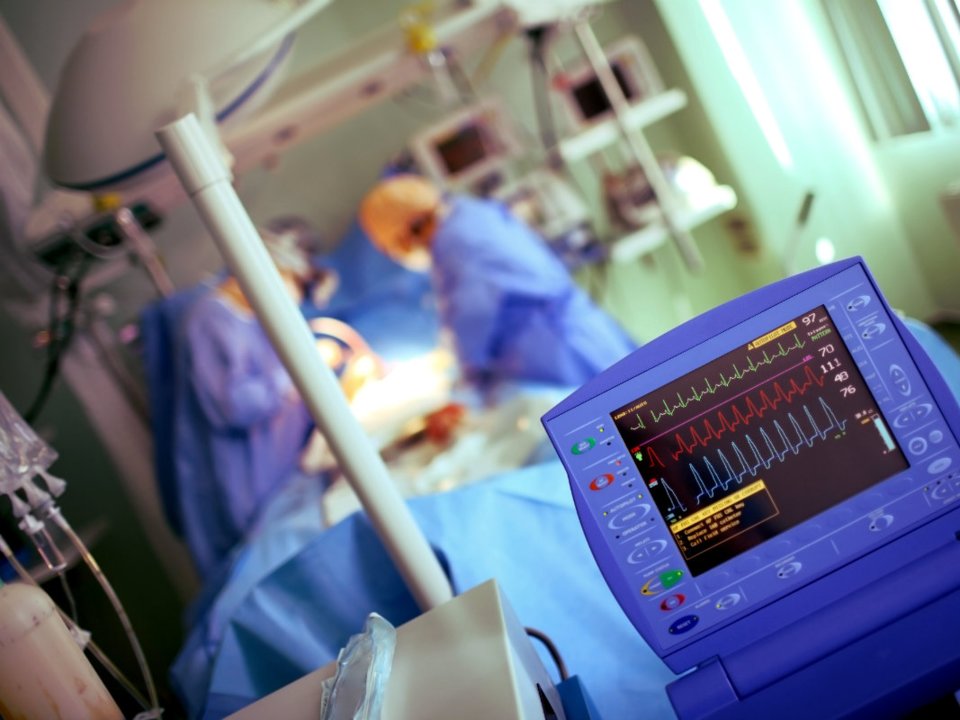
There’s plenty of evidence that sleep deprivation has a negative effect on the heart. When researchers kept people awake for 88 hours, their blood pressure went up (no big surprise there). Even participants who were allowed to sleep for four hours a night showed an elevated heart rate when compared with those who got eight hours. Concentrations of C-reactive protein, a marker of heart-disease risk, also increase in people who are fully or partially deprived of sleep.
Sleepiness leads to irritability
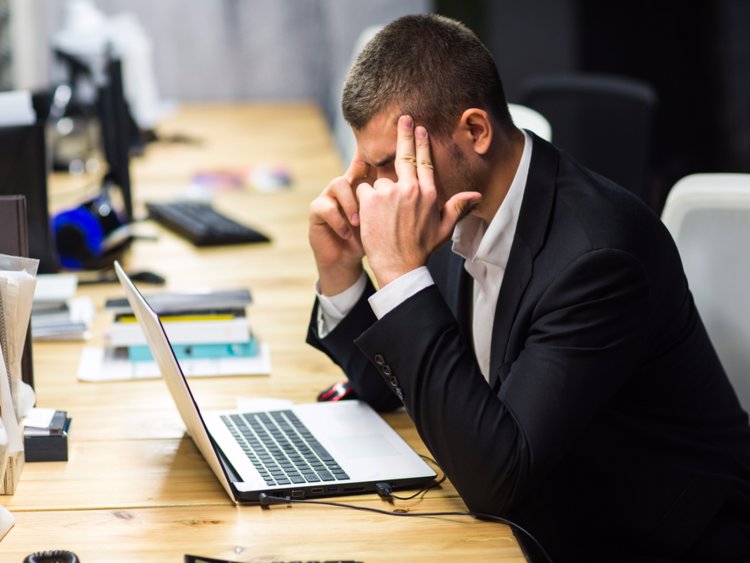
Sleep-deprived people have slower reactions
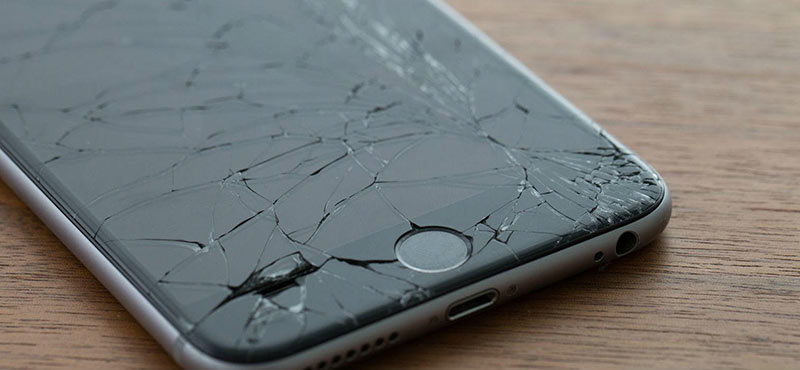
Thats not all! Here is a list of more problems derived from sleep deprivation:
At any given time, people who haven’t gotten the right amount of sleep are more likely to die

Many health problems are associated with sleep deprivation and poor sleep, but here’s the big one: People who consistently do not get seven or eight hours of sleep a night are more likely to die during a given period.
Put more simply: We all die eventually, but sleeping too little— or even too much— is associated with a higher risk of dying sooner than you might otherwise.
original/complete article can be found on https://www.businessinsider.com/sleep-deprivation-effects-on-your-body-brain-2018-8


